
Cyber attacks spike worldwide: 7 ways food and drink can fight back
Cyber crime is hitting food and drink hard, exposing just how quickly supply chains can break. What can industry do to protect itself?

Cyber crime is hitting food and drink hard, exposing just how quickly supply chains can break. What can industry do to protect itself?
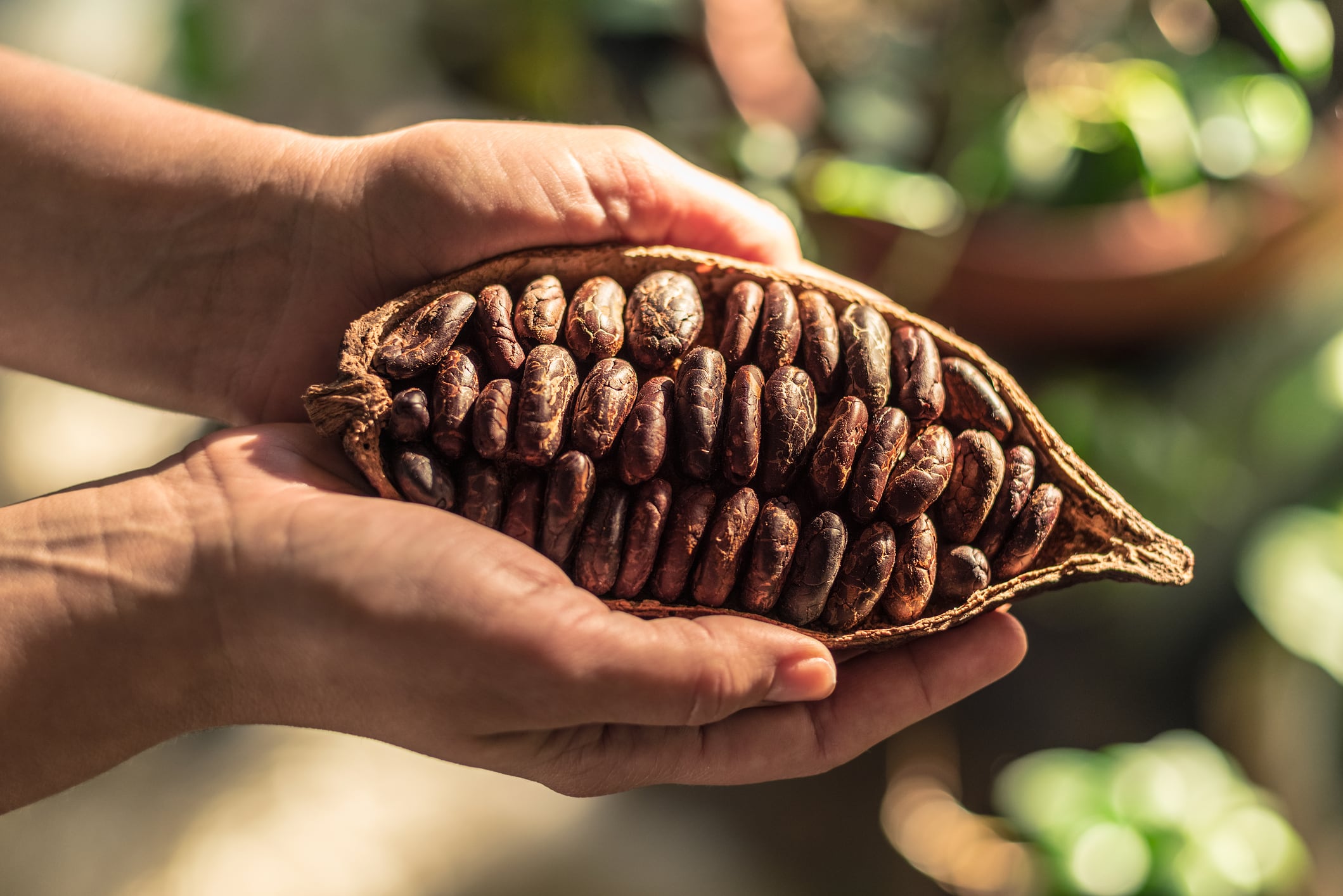
Why ‘climate-proof’ cacao start-up Kokomodo is hedging its bets on an increasingly stronger future for cell cultured cocoa
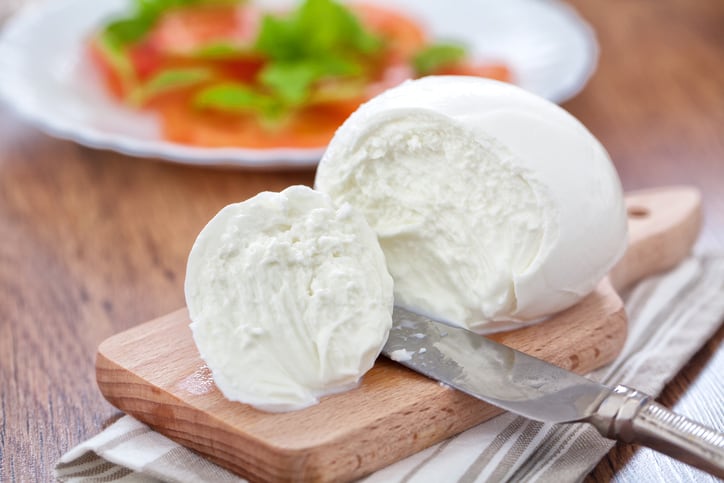
The Dutch foodtech company will ask consumers to chip in as it hopes to scale up production in 2026
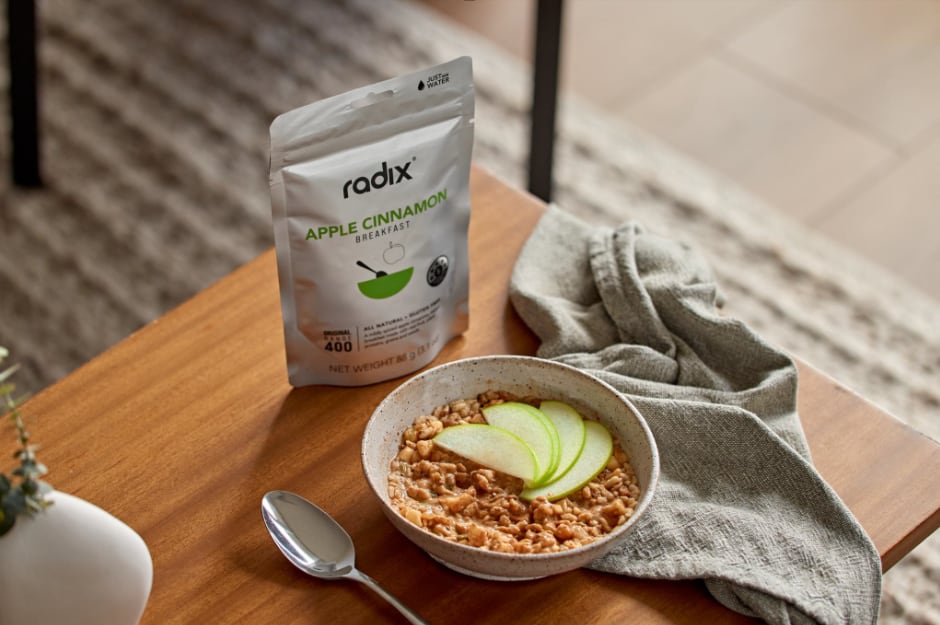
New Zealand-based Radix Nutrition has developed a software platform to upgrade its existing product range, with one of its new launches borne out of a partnership with dairy giant Fonterra.

It’s not a drug, but a gut bacterium with weight-suppressing effects

It’s not just humans who can benefit from biotic supplementation – dairy cattle can see results, too
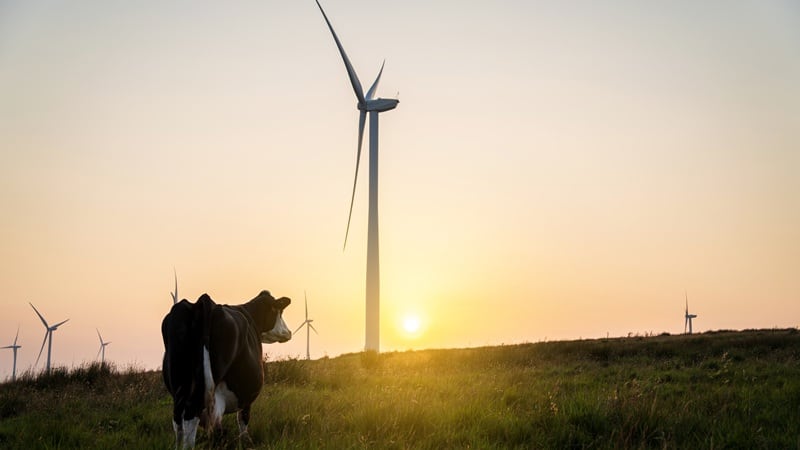
Rabobank data unpacks the connection between tech investments, sustainable farming practices, and receiving premiums

Paying premiums alone isn’t enough to get producers to embrace sustainability, Mars Snacking’s VP of R&D says as he reflects on emerging methane mitigation solutions and the Bovaer fallout
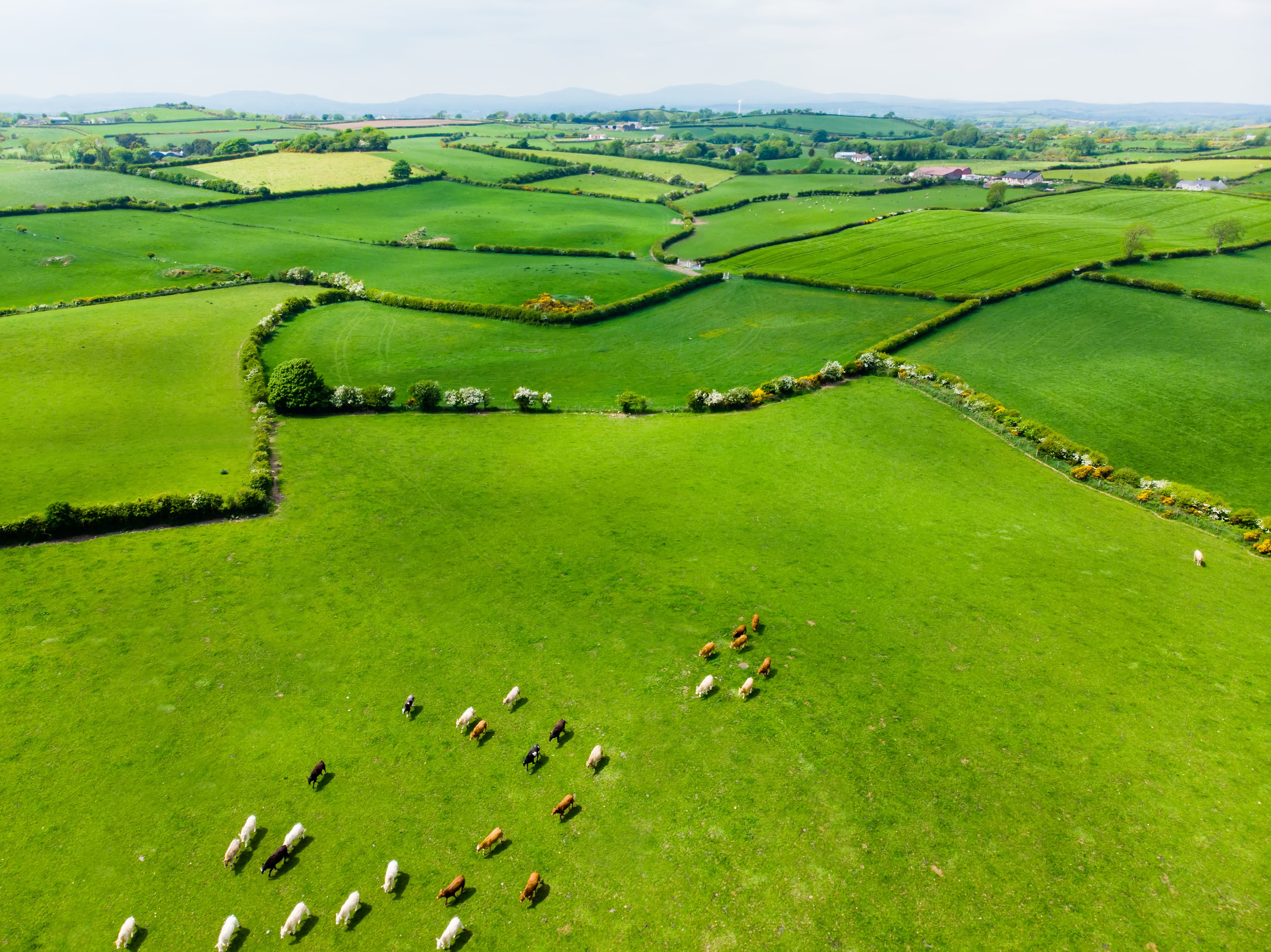
Proveye wins European Space Agency funding to deploy ProvVari – a precision fertiliser platform designed to cut costs, boost yields, and curb emissions across Europe’s pasture-based dairy and beef systems

Here are some of the must-see innovations at the 30th edition of the world’s largest ingredient show
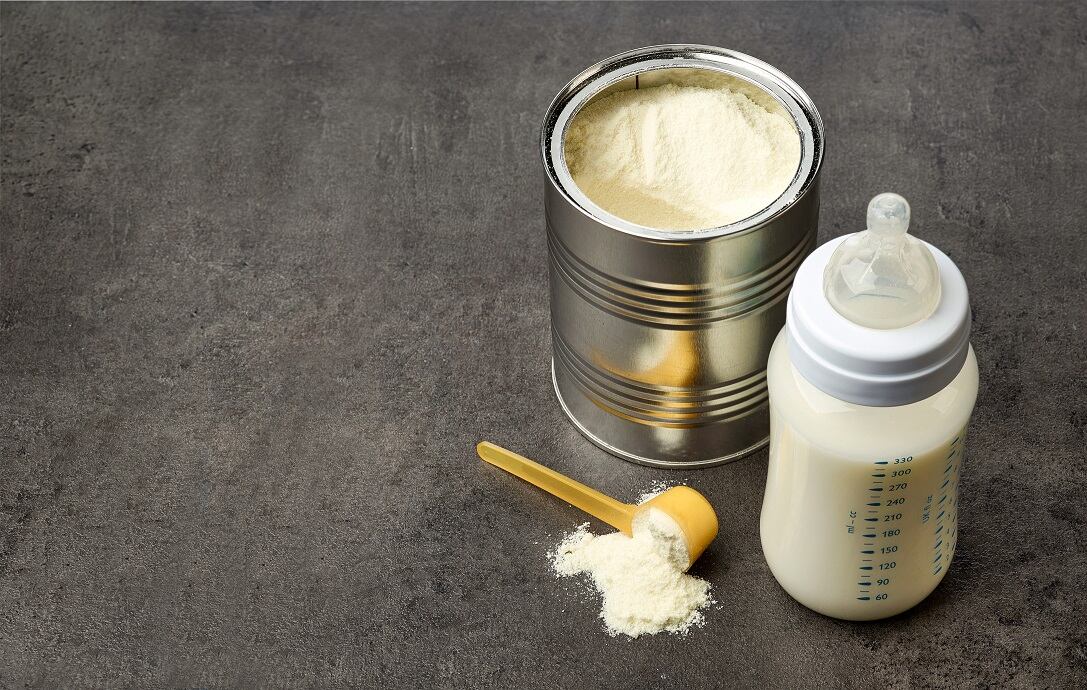
Retired Nestlé specialist Erik Konings explains how global collaboration through Codex, ISO, IDF, and SPIFAN is advancing validated testing methods to ensure safety and compliance in specialized nutrition

Inside Nestlé: Rania Abou Samra on crafting the future of food and beverage

Problems with the system, through which businesses must submit EUDR due diligence statements, were the given reason for the regulation’s potential second delay
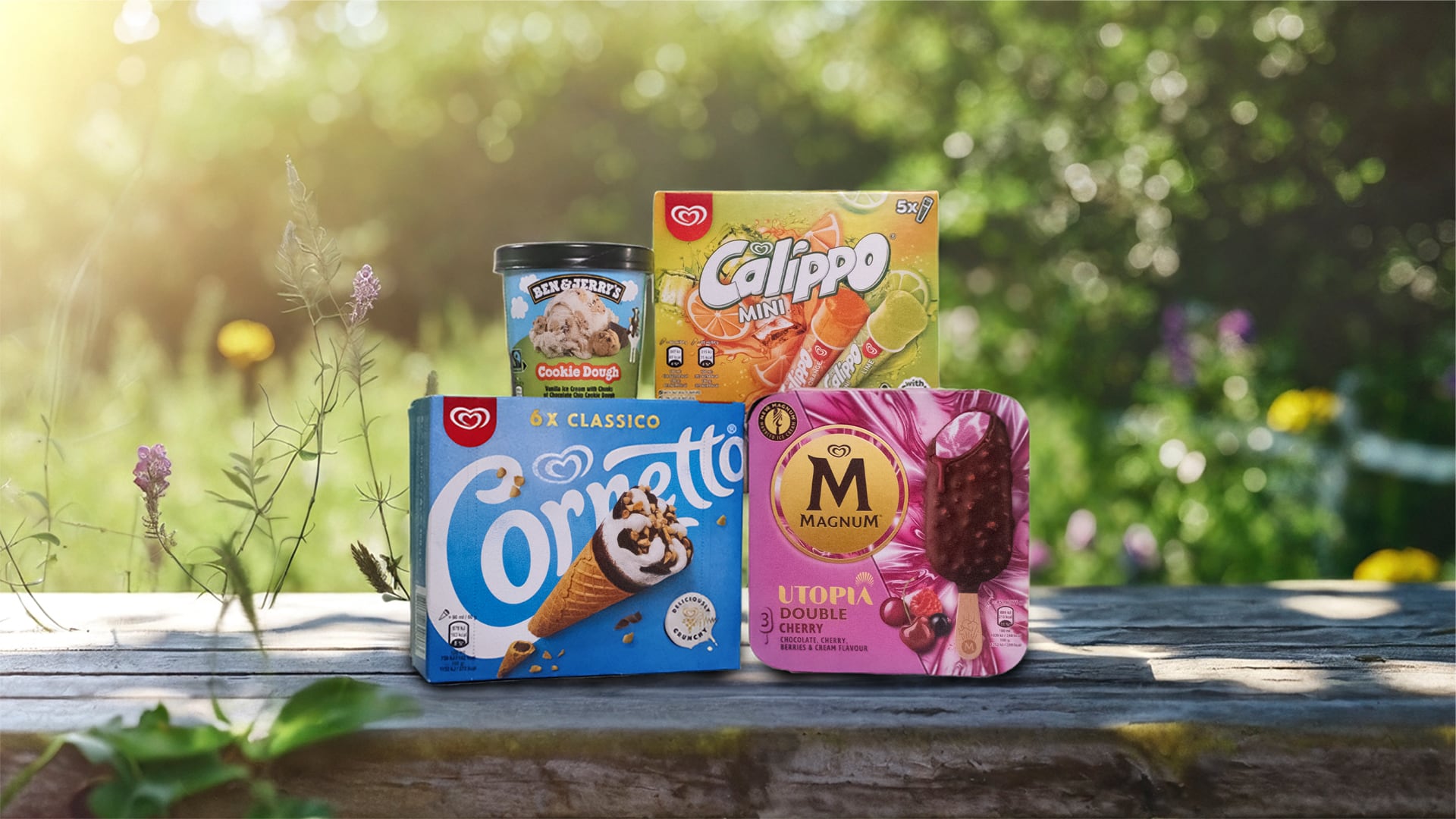
Unilever’s ice cream spin-out is supercharging its ice cream formulations in the US with the help of AI. NotCo founder Matias Muchnick tells us what it’s all about

Sustainable September
Time2Graze uses satellites to optimize pasture-based grazing in a world-first initiative

Up the food chain
Bel Group plans on succeeding in animal-free dairy where others have failed. For chief venture officer Caroline Sorlin, who leads on Bel’s food-tech partnerships, timing is key

Consuming yogurt and bathing in hot springs has surprising wellness benefits, Japanese researchers discover
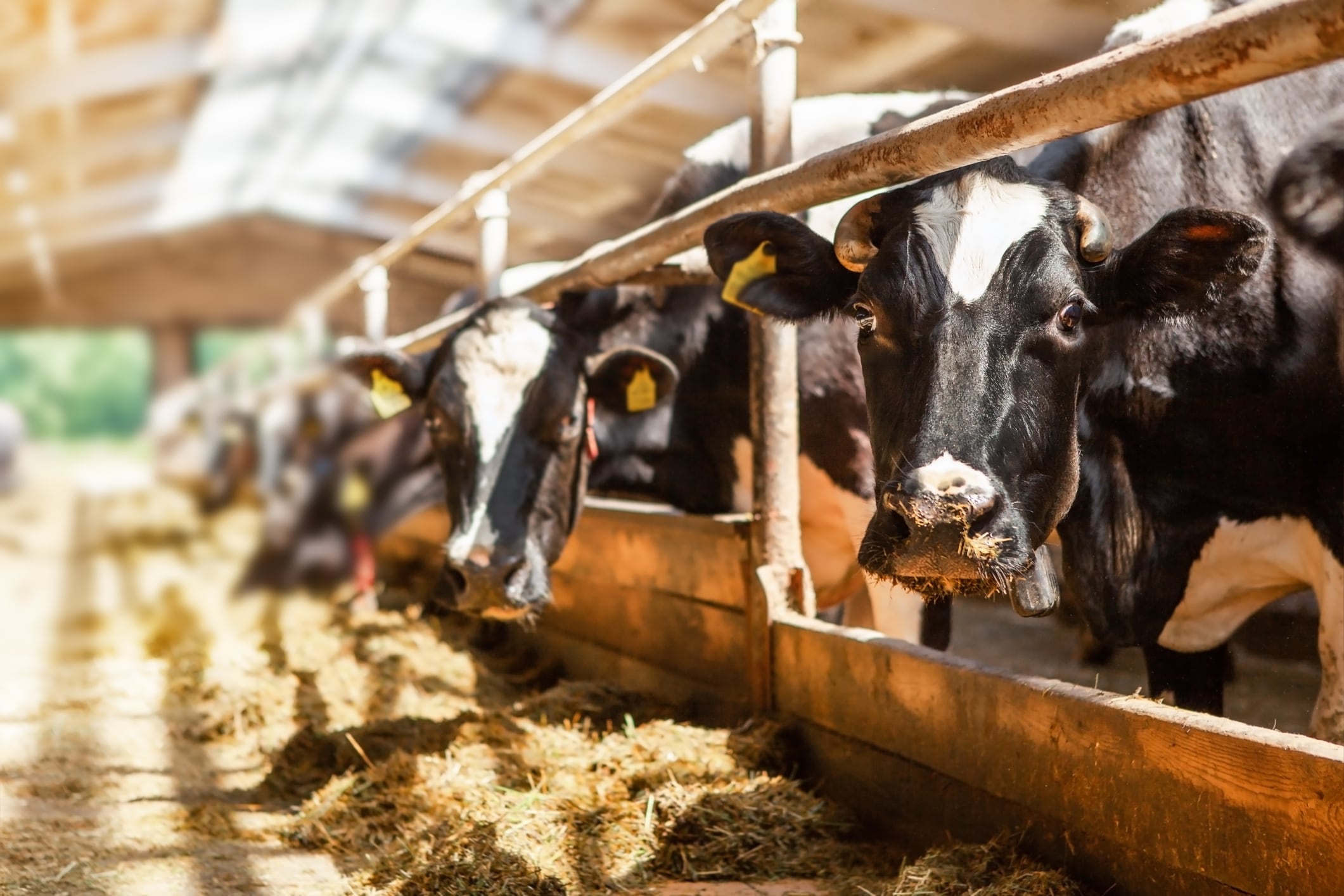
Proven to destroy up to 90% of dilute methane, Ambient Carbon’s tech could supercharge dairy companies’ climate goals, slash scope 3 emissions
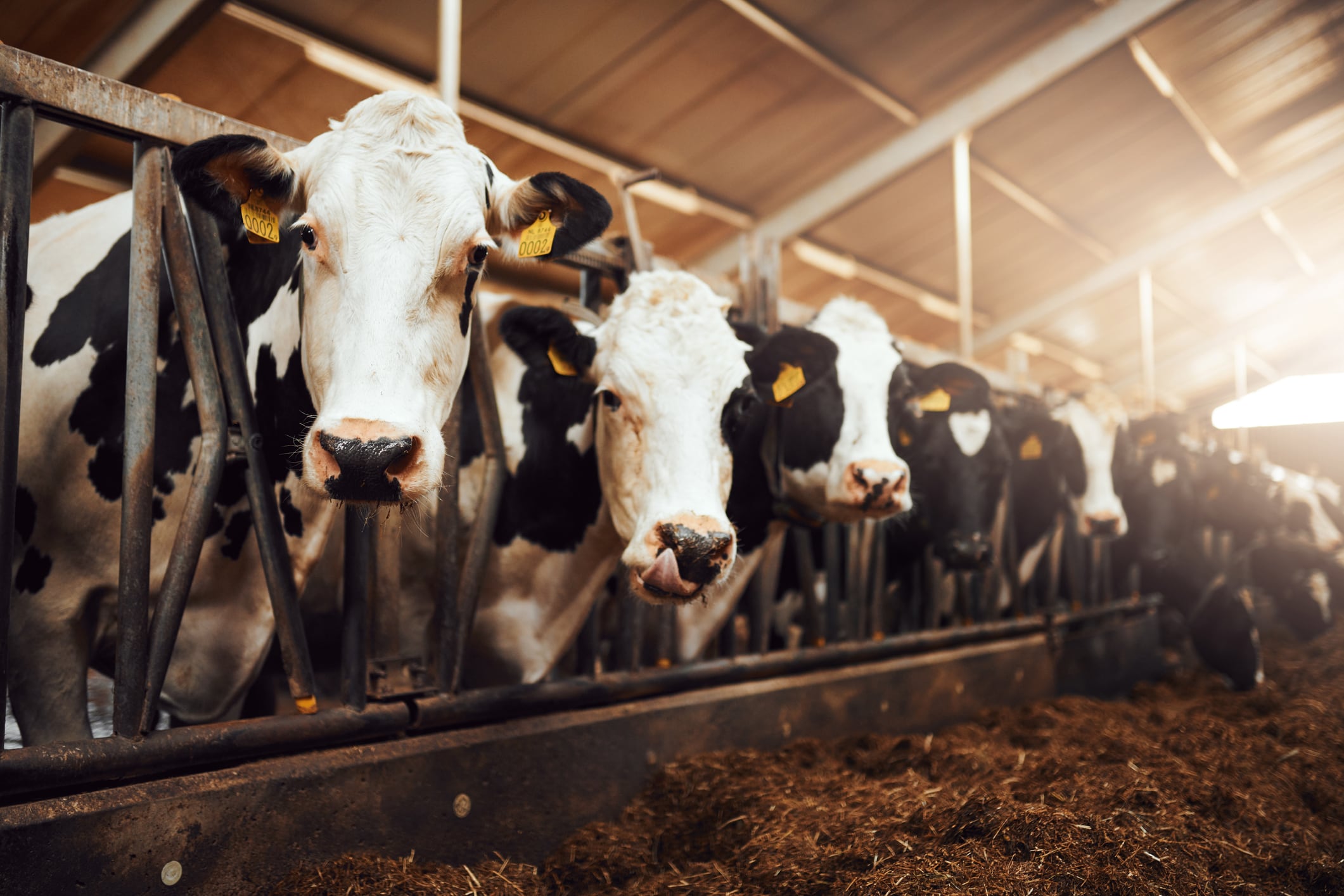
Stem cell researchers have discovered a new way to reduce inflammation in dairy cows and potentially increase milk fat

Co-ingestion of whey protein and proteases, enzymes that breakdown proteins into peptides and amino acids, may boost the feeling of fullness and satiation in young people, says a new study.
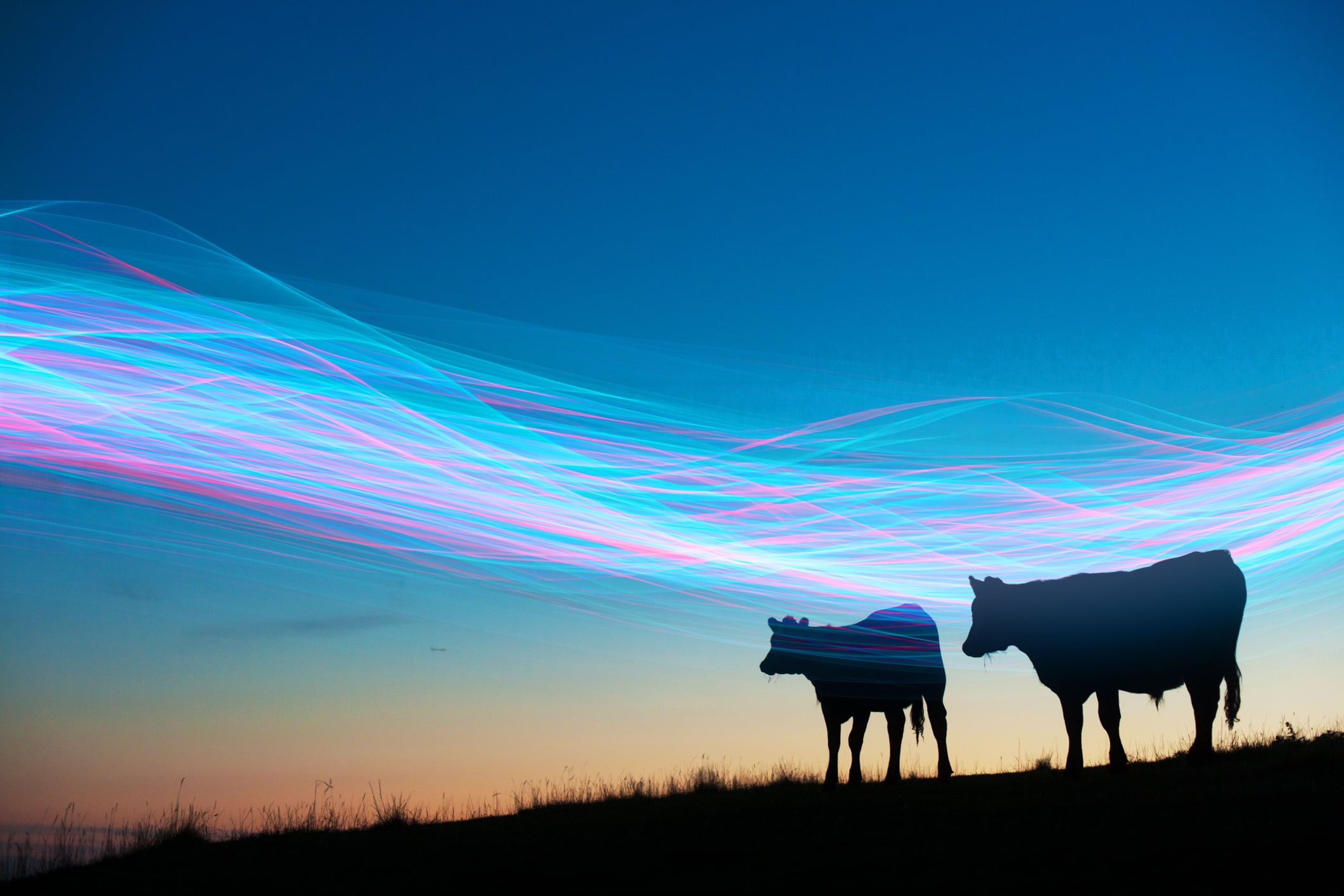
Once the preserve of Silicon Valley, artificial intelligence is now augmenting human management of dairy parlors and pastures
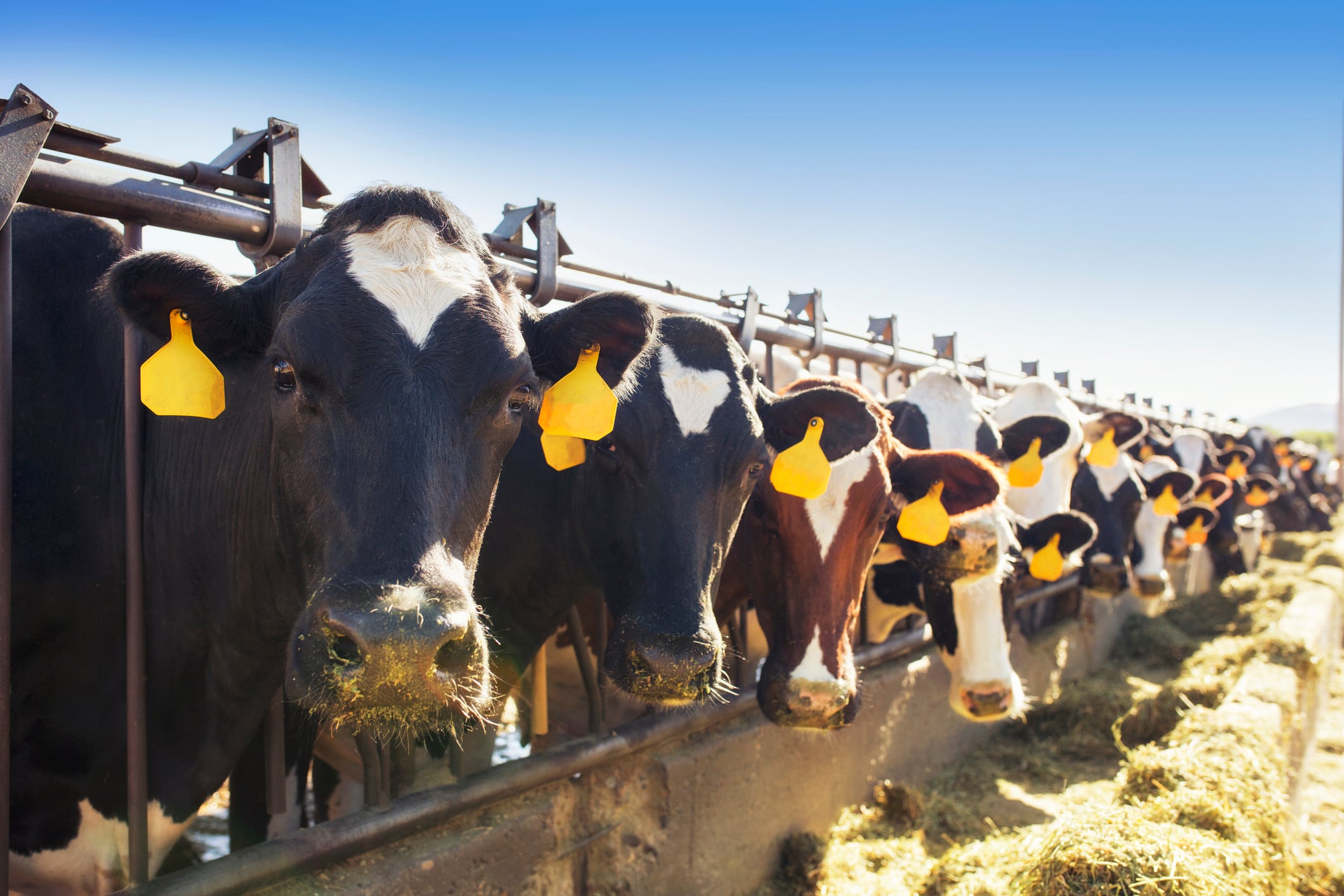
Artificial intelligence (AI) is helping dairy processors in Sub Saharan Africa to optimize supply chain logistics, enhance traceability of products and to monitor the health of animals in real time
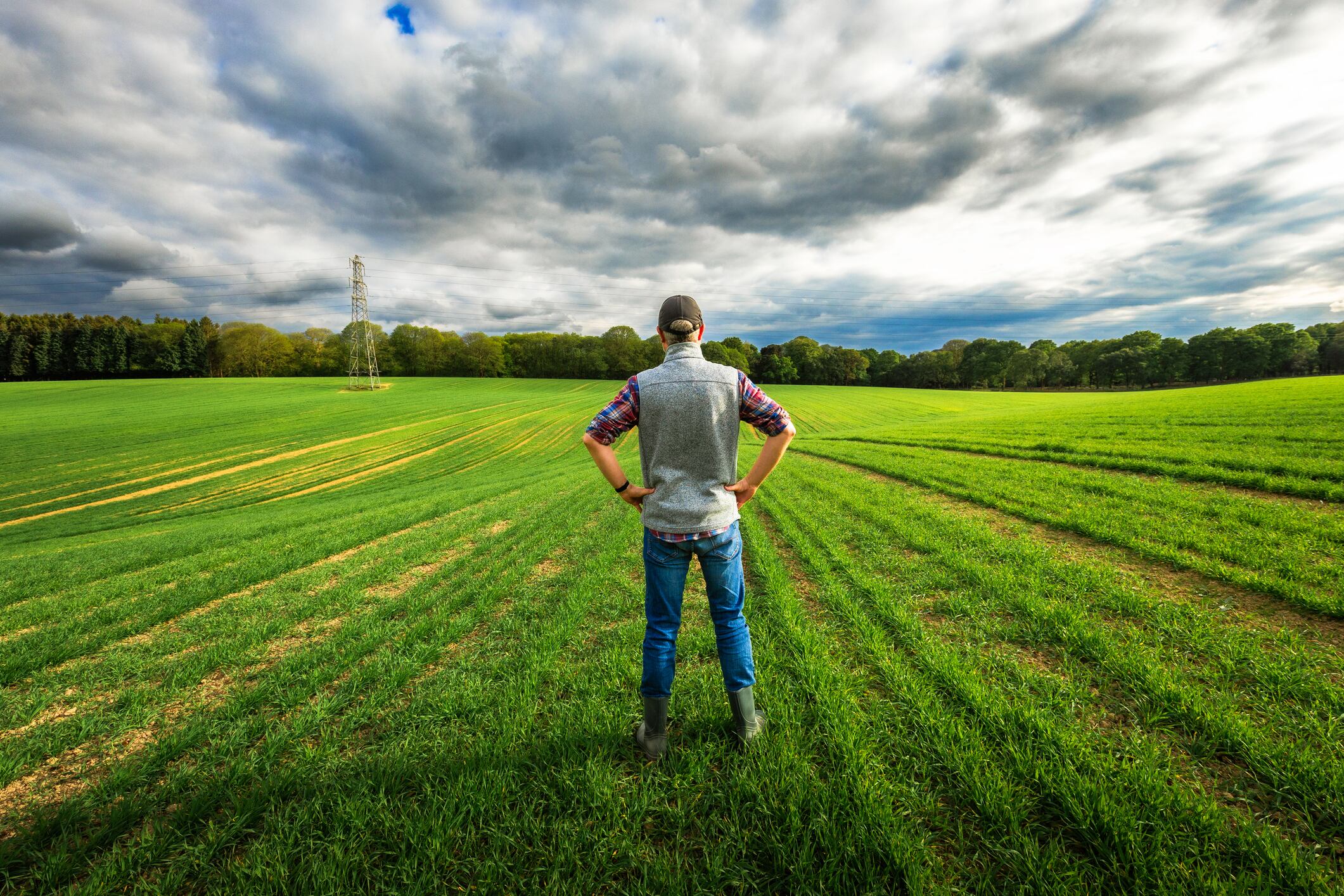
Ringfenced EU funding for farming is being cut by more than a fifth under new proposals

Wase’s microbe-driven tech is an evolution on traditional ADs that benefits anyone from dairies to distilleries
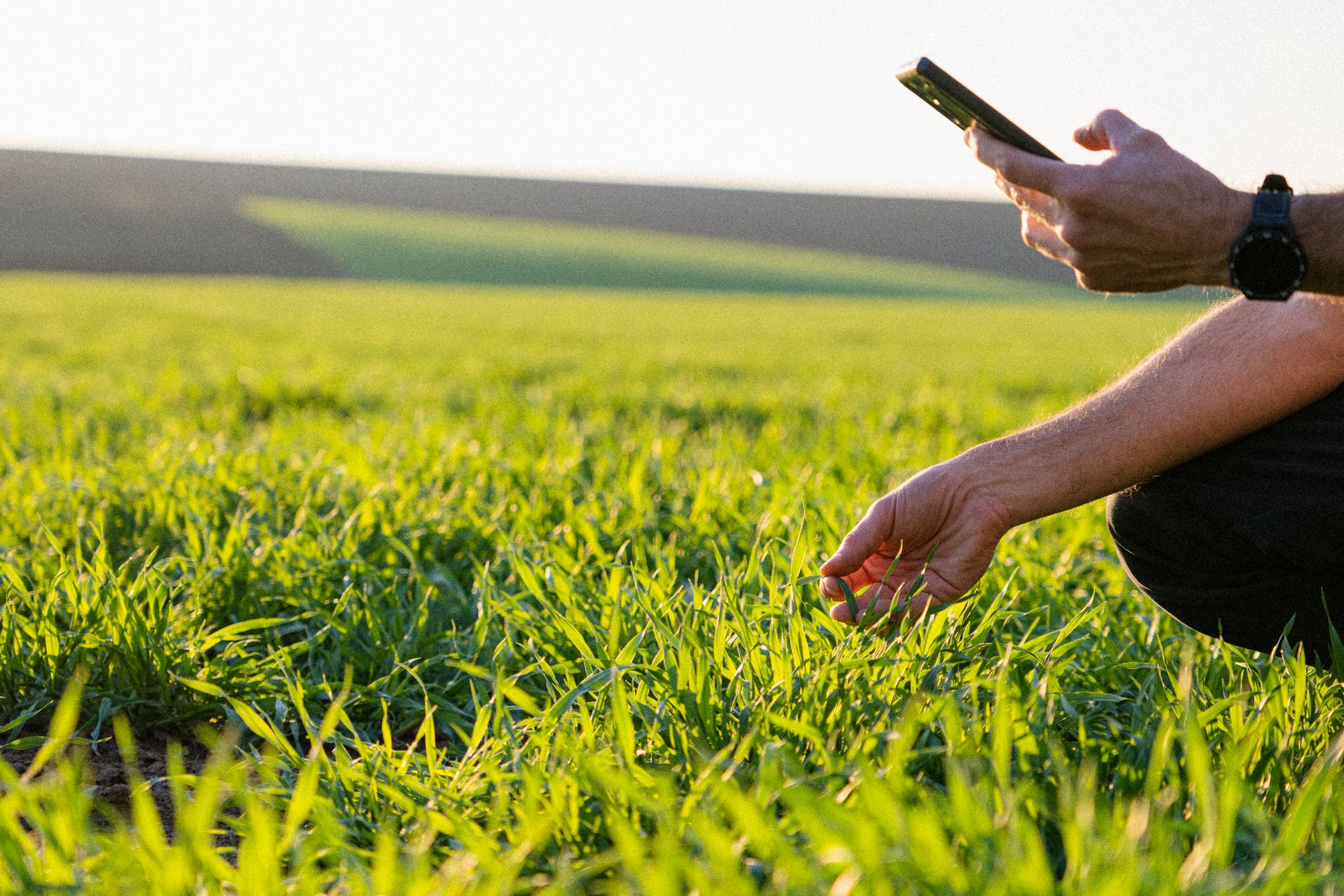
The rapid expansion of AI applications in agriculture – particularly those collecting data and providing real-time advice – will significantly impact workforce needs in the sector, according to the UK-based Institute for Agriculture and Horticulture...
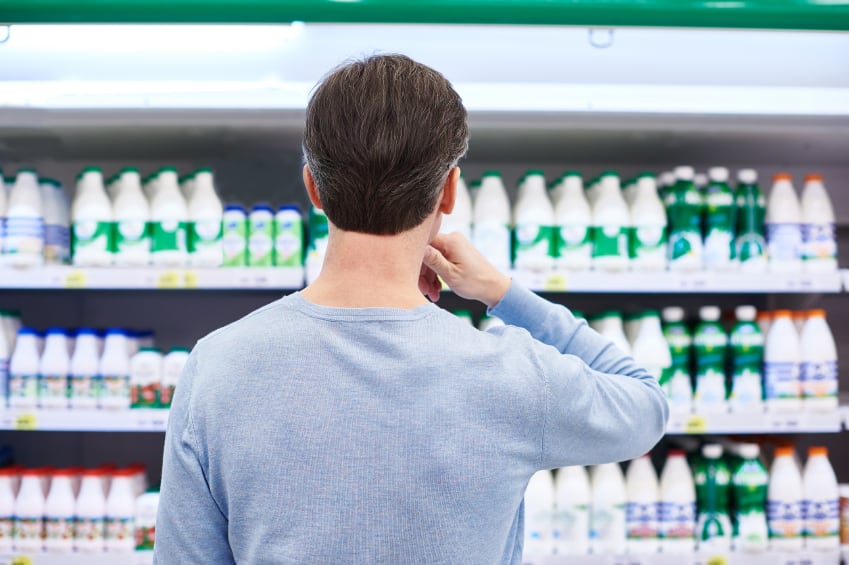
Global dietary guidelines should target fat reduction from nutrient-poor foods instead of dairy, nutrition researchers argue
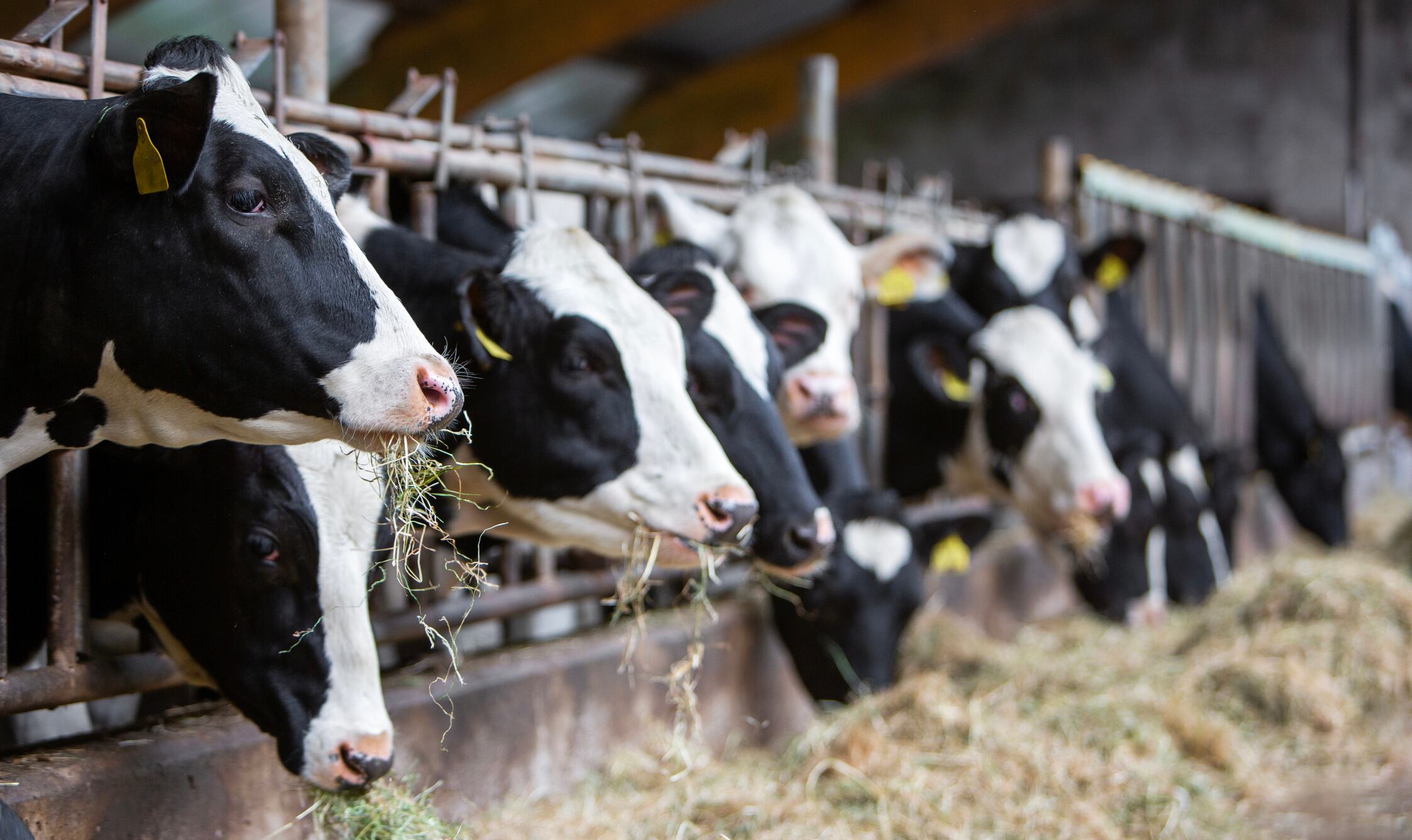
It began with a question: what exactly is milk signaling to a calf?
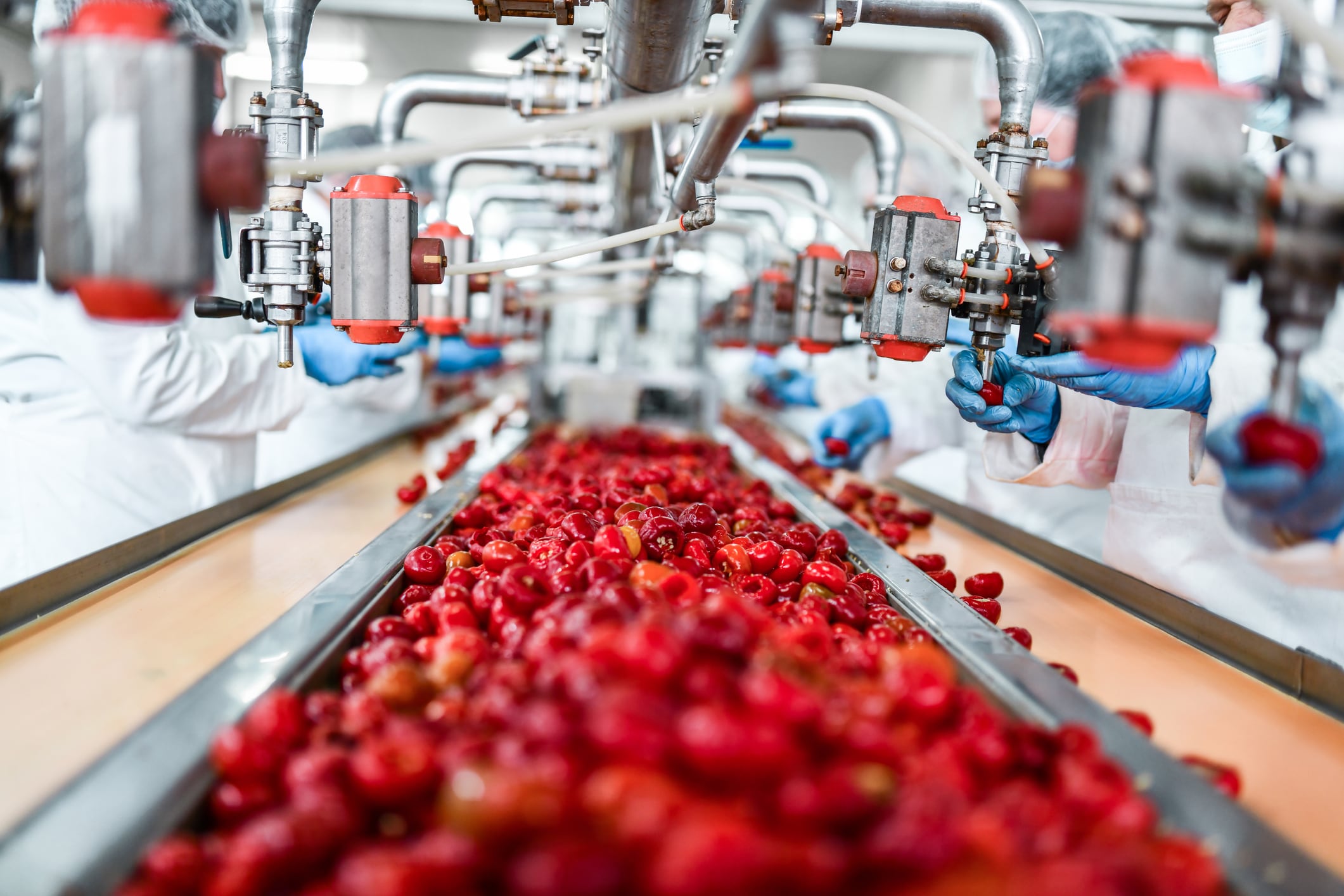
The newly formed FMTE aims to influence policy and boost R&D in food manufacturing
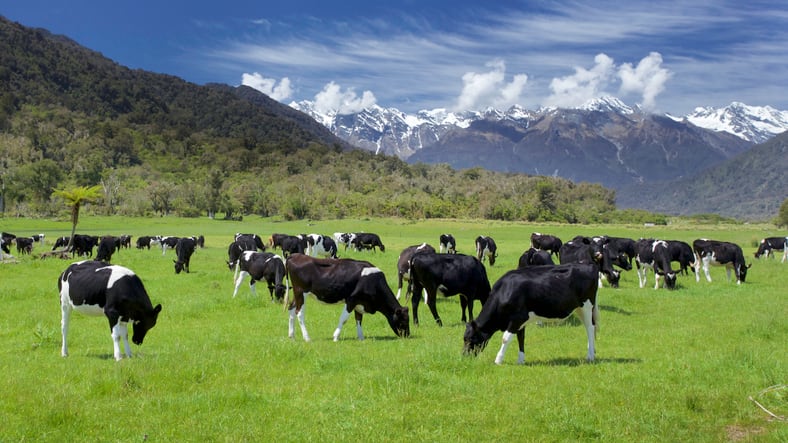
Hoofprint Biome’s solution naturally optimizes the rumen microbiome to produce less methane
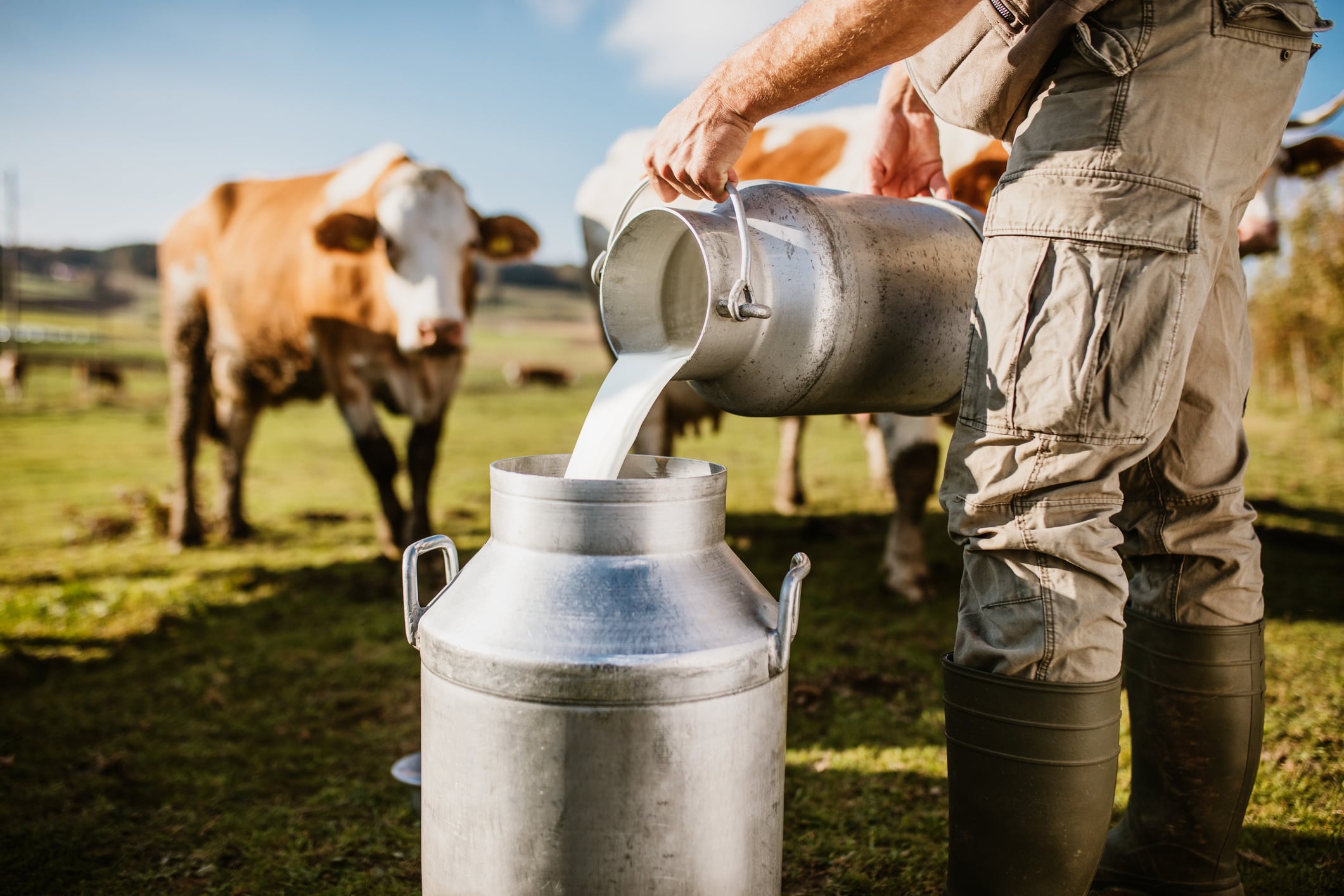
Scientists have discovered another way to destroy the virus – and it’s cheaper than pasteurization
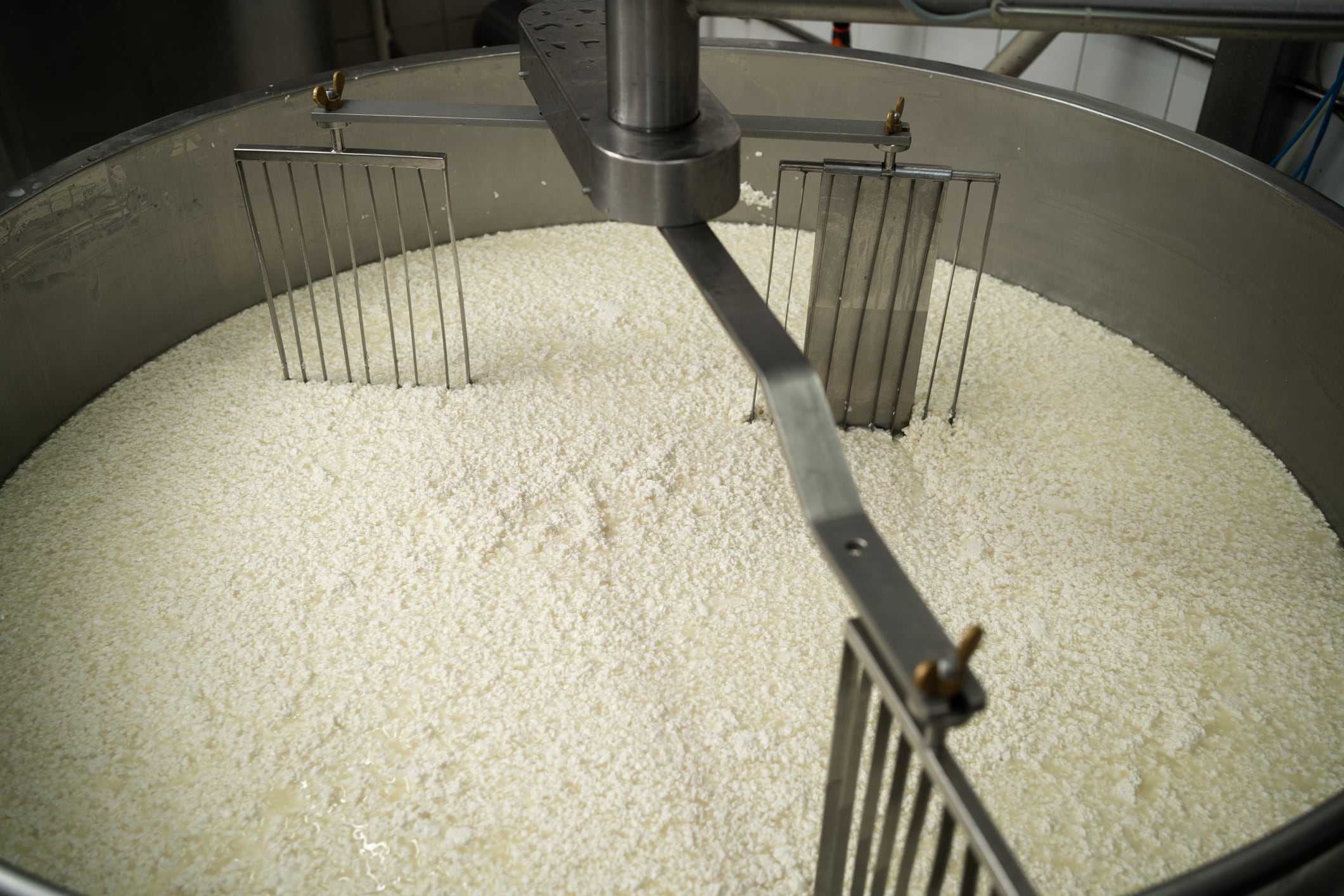
Scientists in Mexico and Denmark are using mixed microbial communities to convert waste whey into single-cell protein, providing an environmentally-friendly and nutritious alternative protein source.
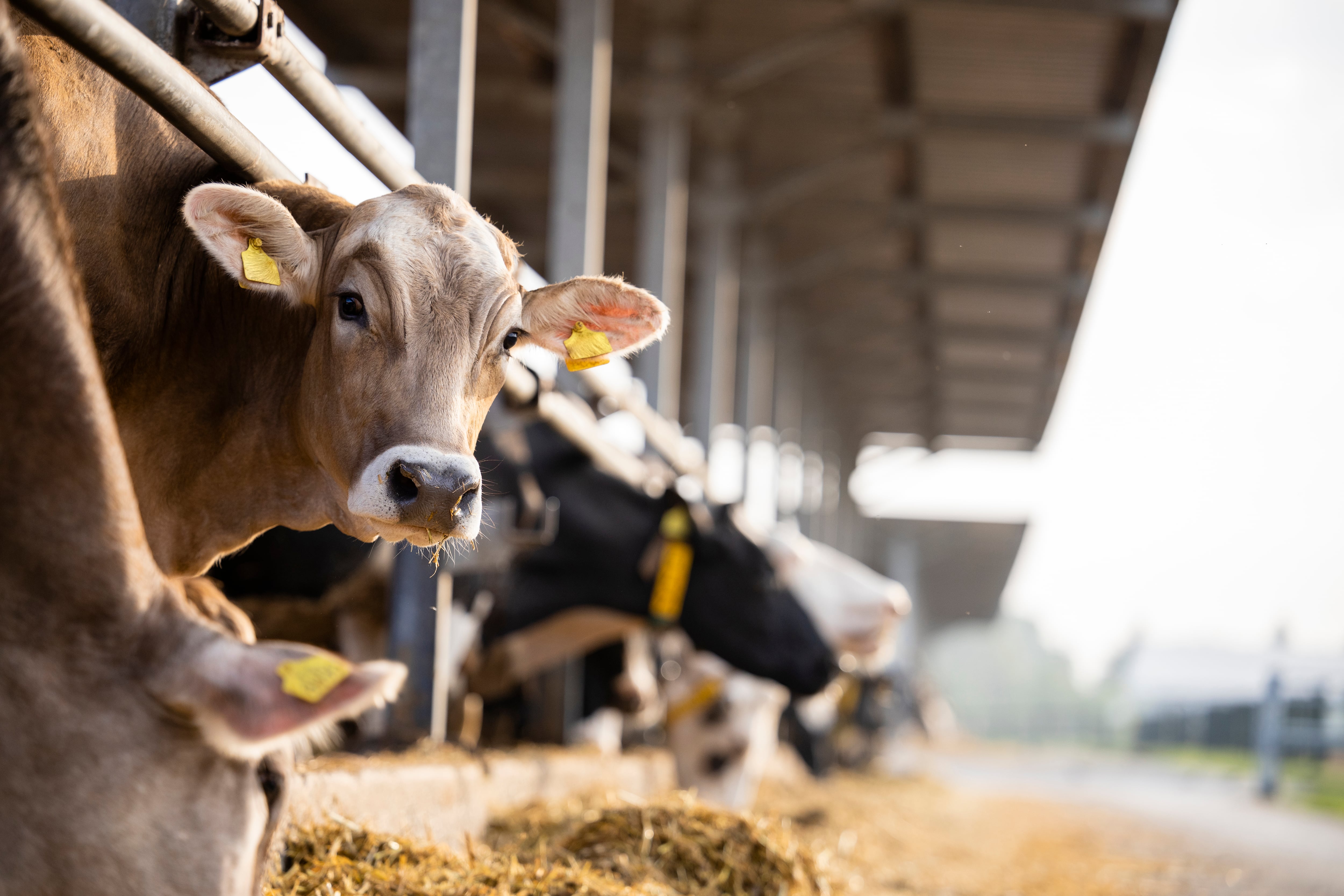
Scientists have discovered a way to cut methane emissions in cattle – stopping them burping. But will this anger consumers?

California-based ingredient discovery company Shiru is commercializing its first ingredients, as the food tech company tees up future sweetener partnerships

A sweetener used in dairy, beverages and candies may be a game-changing solution to the global antimicrobial resistance crisis
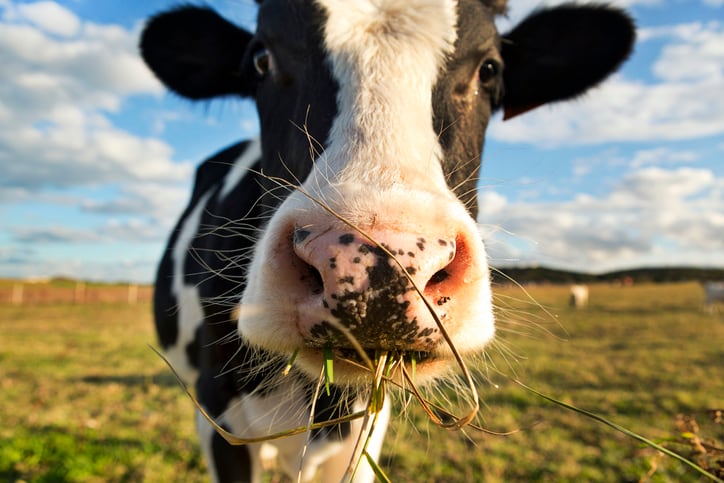
Research has discovered genetic factors explaining why cattle get tuberculosis - and there are implications for human health and future epidemics, too

When is buffalo milk highest in fat, protein, solids? New research sheds light into the impact of seasons on milk components and quality

Future Food Tech San Francisco
Celebrity Chef Julia Child famously said, ‘with enough butter, anything is good,’ and while the ingredient can add much needed flavor, mouthfeel and satiety to dishes, producing it, and other fats and oils, can take a hefty toll on the environment –...

The costly financial and milk production consequences of H5N1 infections in US dairy have been laid bare in new research
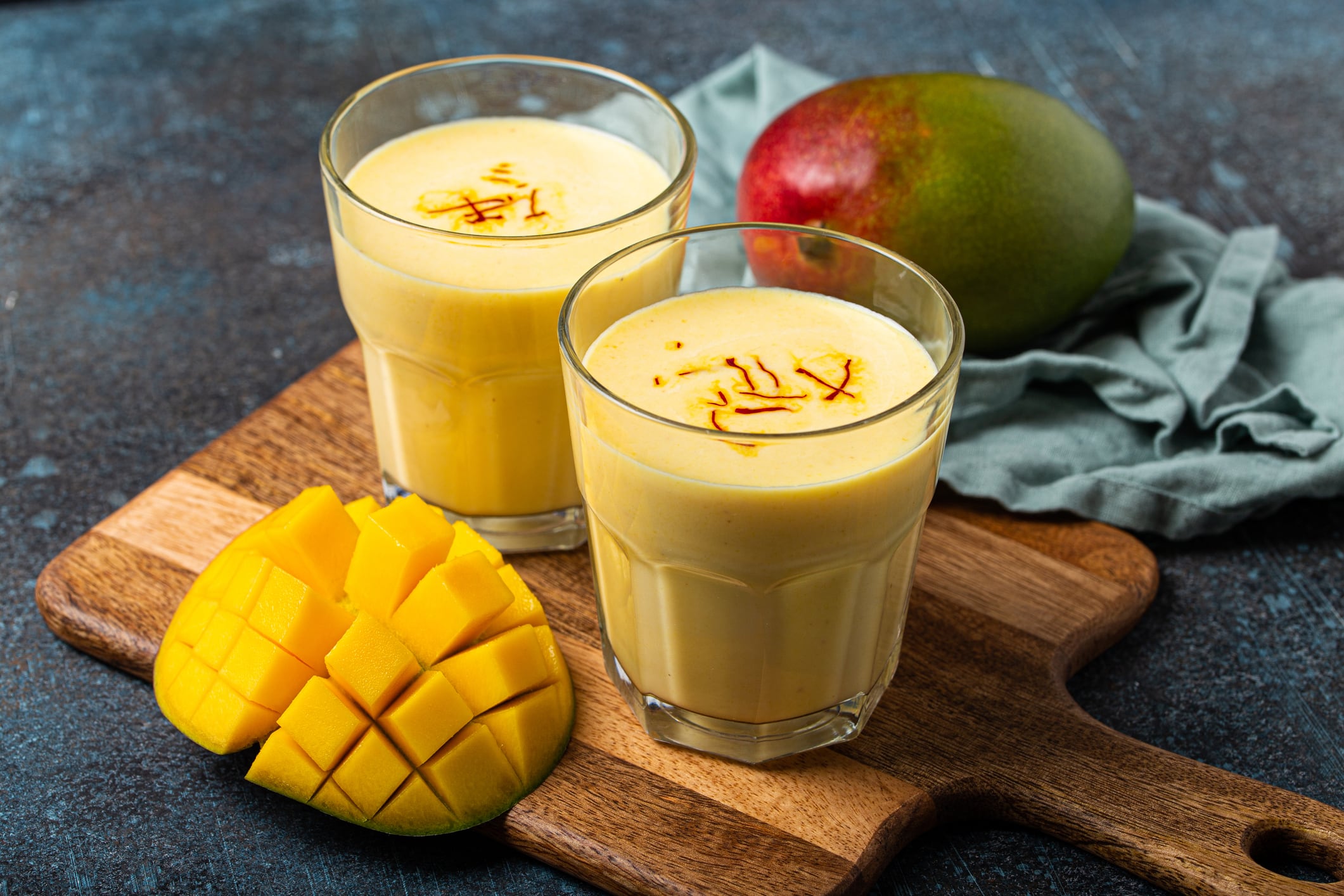
The tiny antioxidant-packed plants can enhance both the nutritional profile and general desirability of beverages, new research suggests

Beneficial bacteria found in yogurt may reduce the risk of colorectal cancer, according to a study
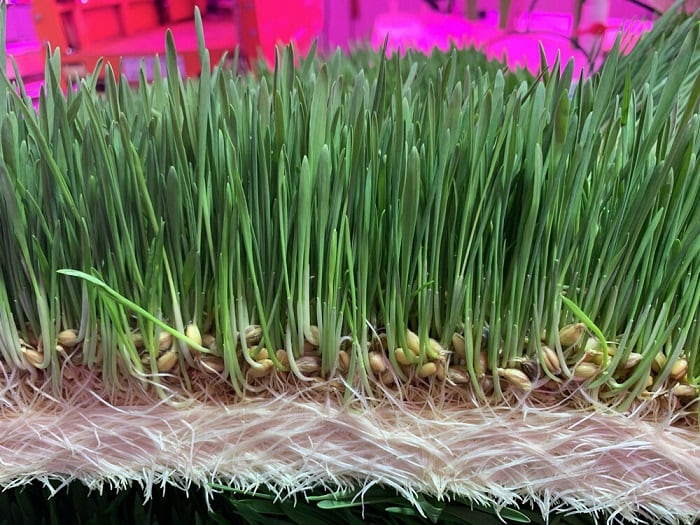
California-based Forever Feed Technologies has unveiled ‘the world’s largest automated sprouted grain feed mill’ – paving the way for a more environmentally-friendly feed growing
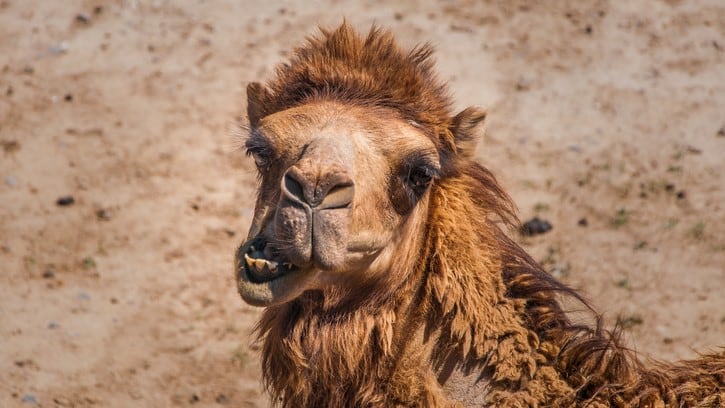
Researchers have long known of camel milk’s health benefits – but flavor and format barriers have prevented the product to really take off globally
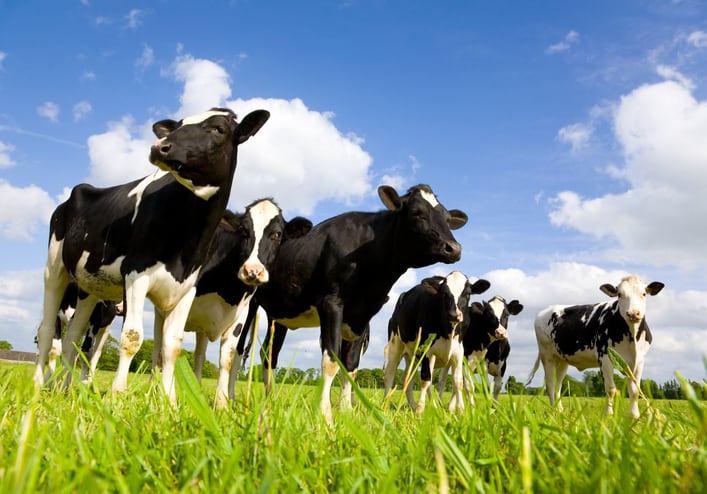
The discovery paves the way for creating potent enteric methane inhibitors that are safer than bromoform
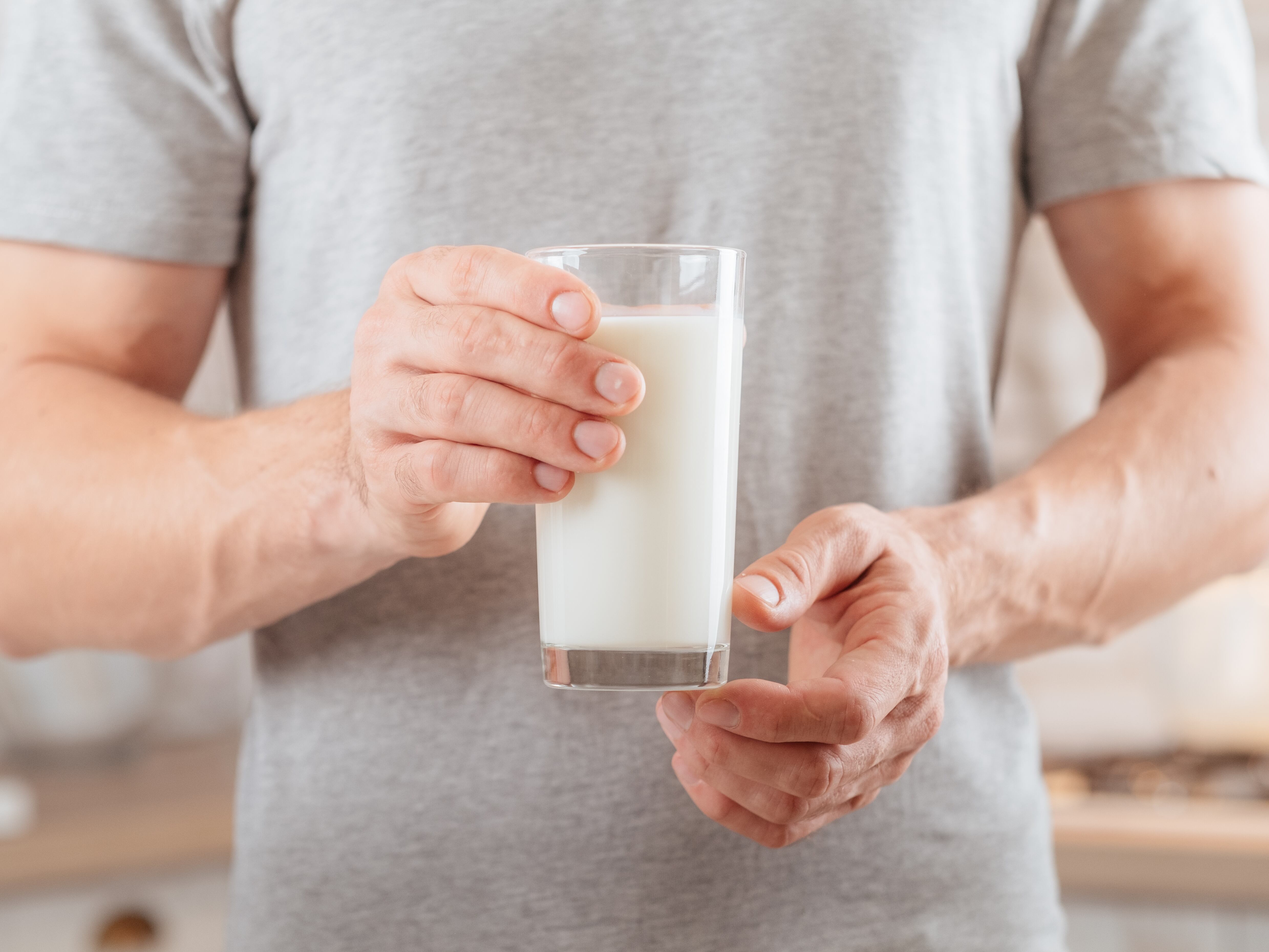
A glass per day is enough to reduce the likelihood of developing colorectal cancer, according to research
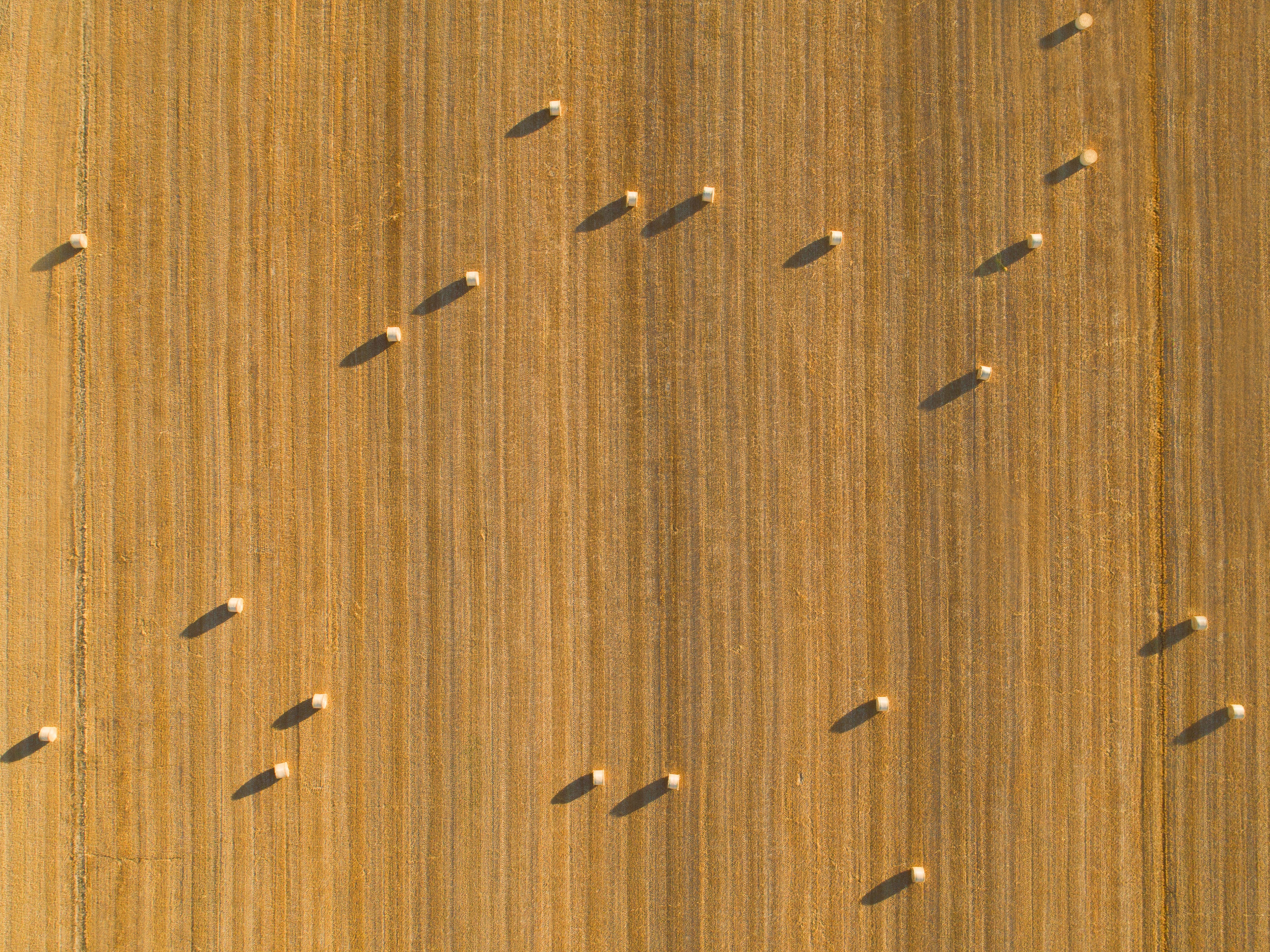
Bayer’s impact investment unit has announced the results of one of the largest global surveys of society’s attitudes toward new technologies, including NGTs.
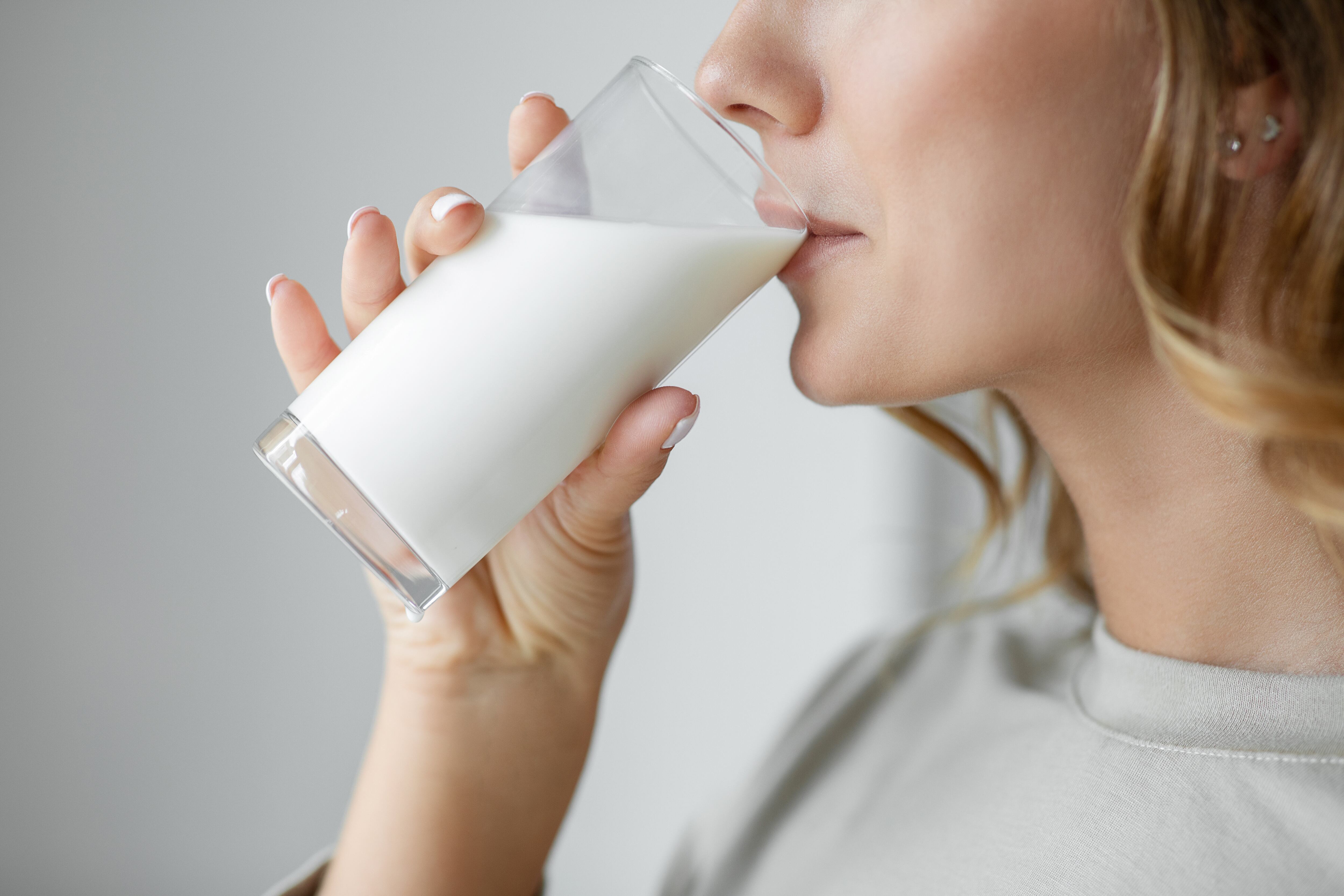
New research on how the size of milk fat globules impacts bacterial growth may inform ways to promote probiotic bacteria in food production
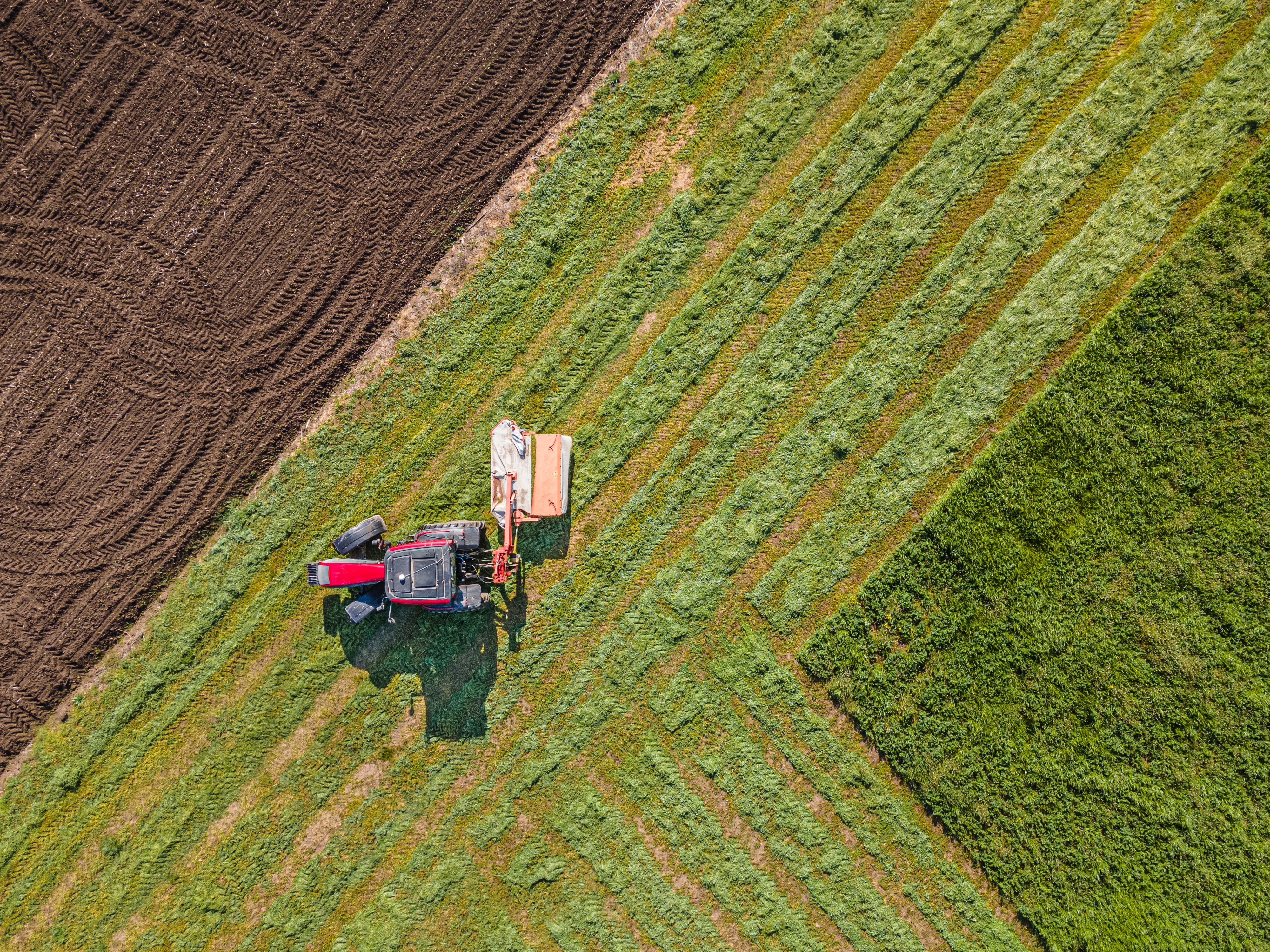
The Danish start-up has raised more than €2.5 million to accelerate development of autonomous agricultural safety software.
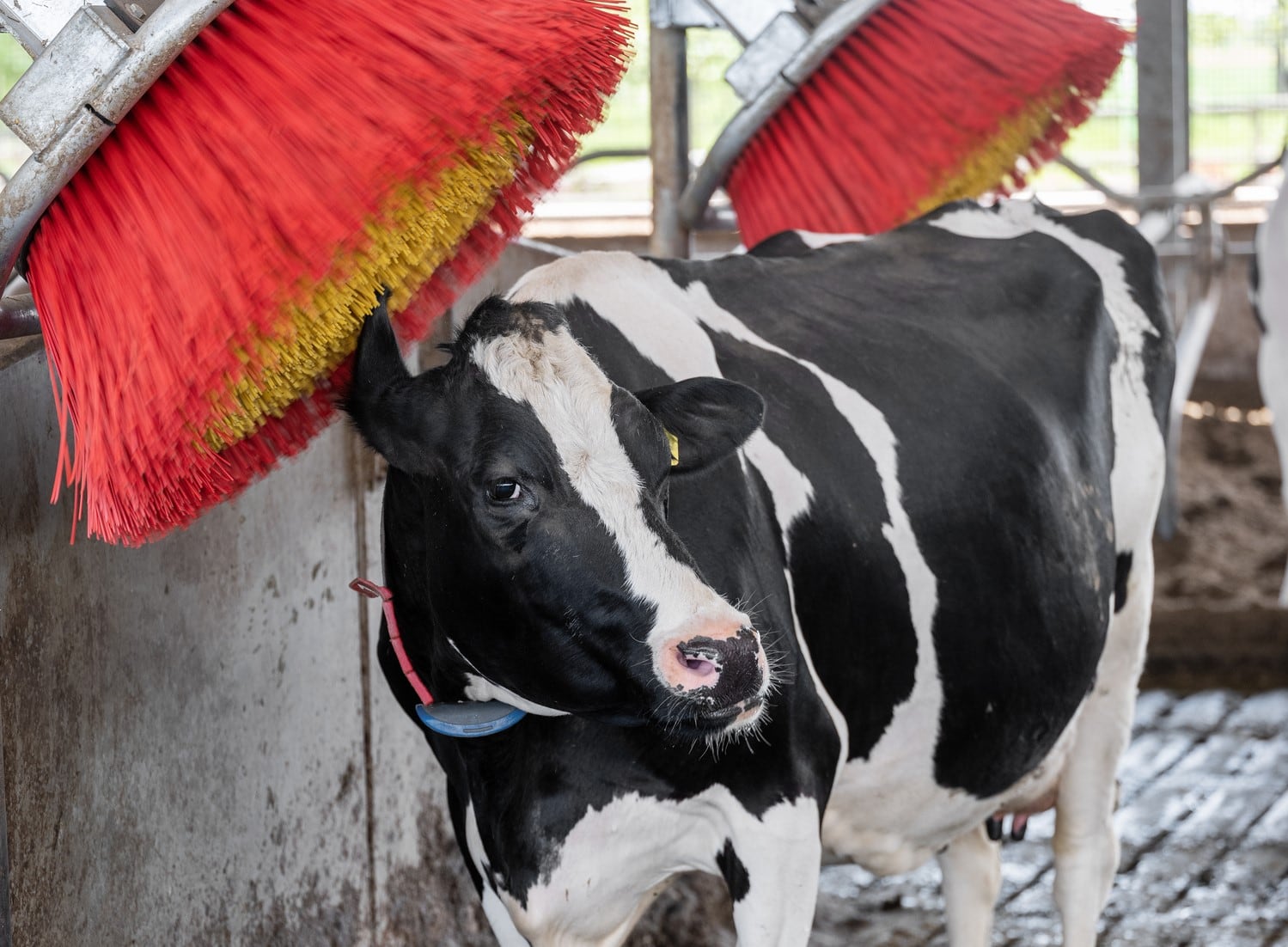
Improving cow comfort in dairy barns has been linked to positive effects on milk production
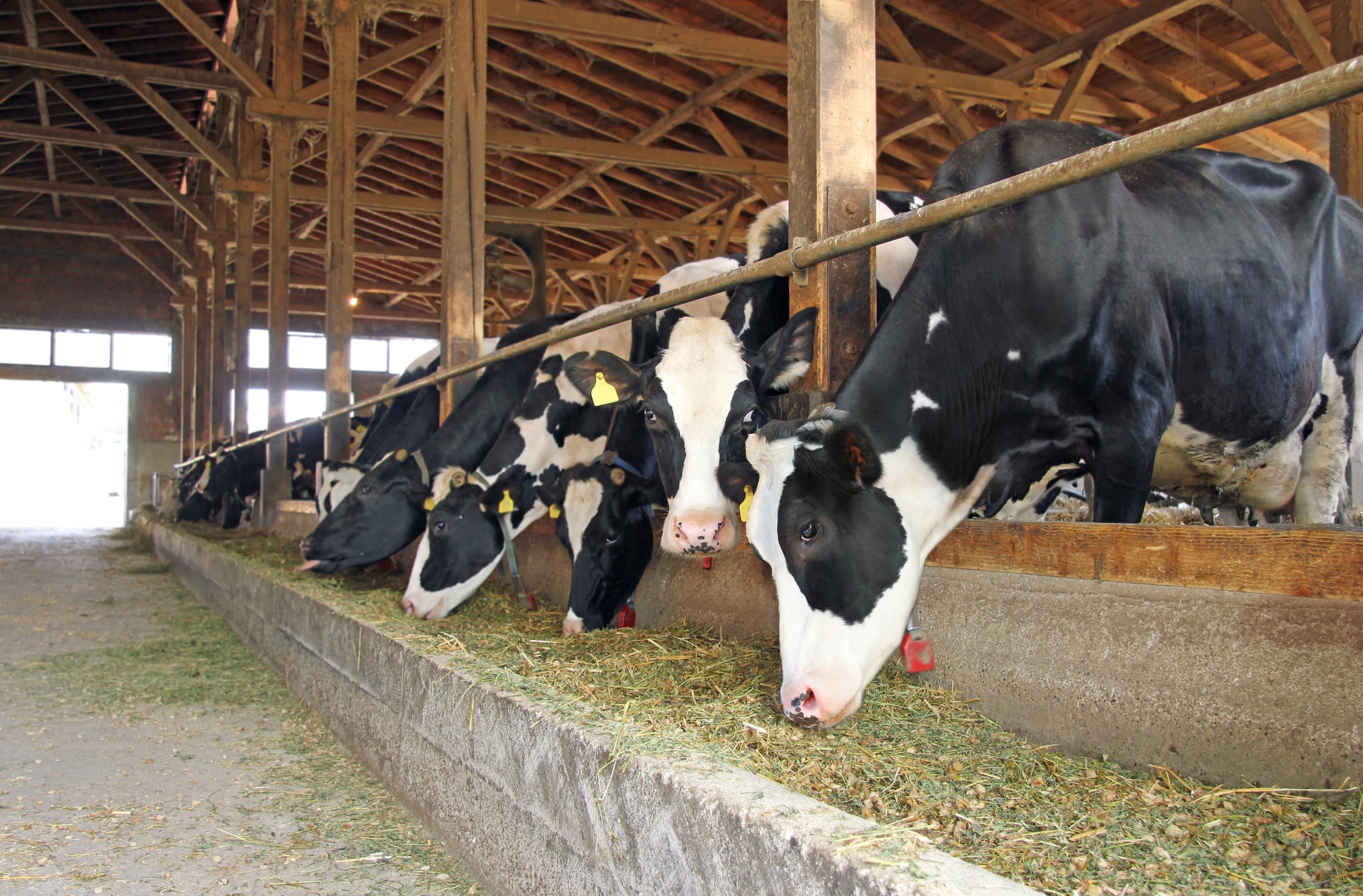
Spotting digital dermatitis before visible lesions have formed can be difficult – but with AI, producers may be able to reliably predict disease onset
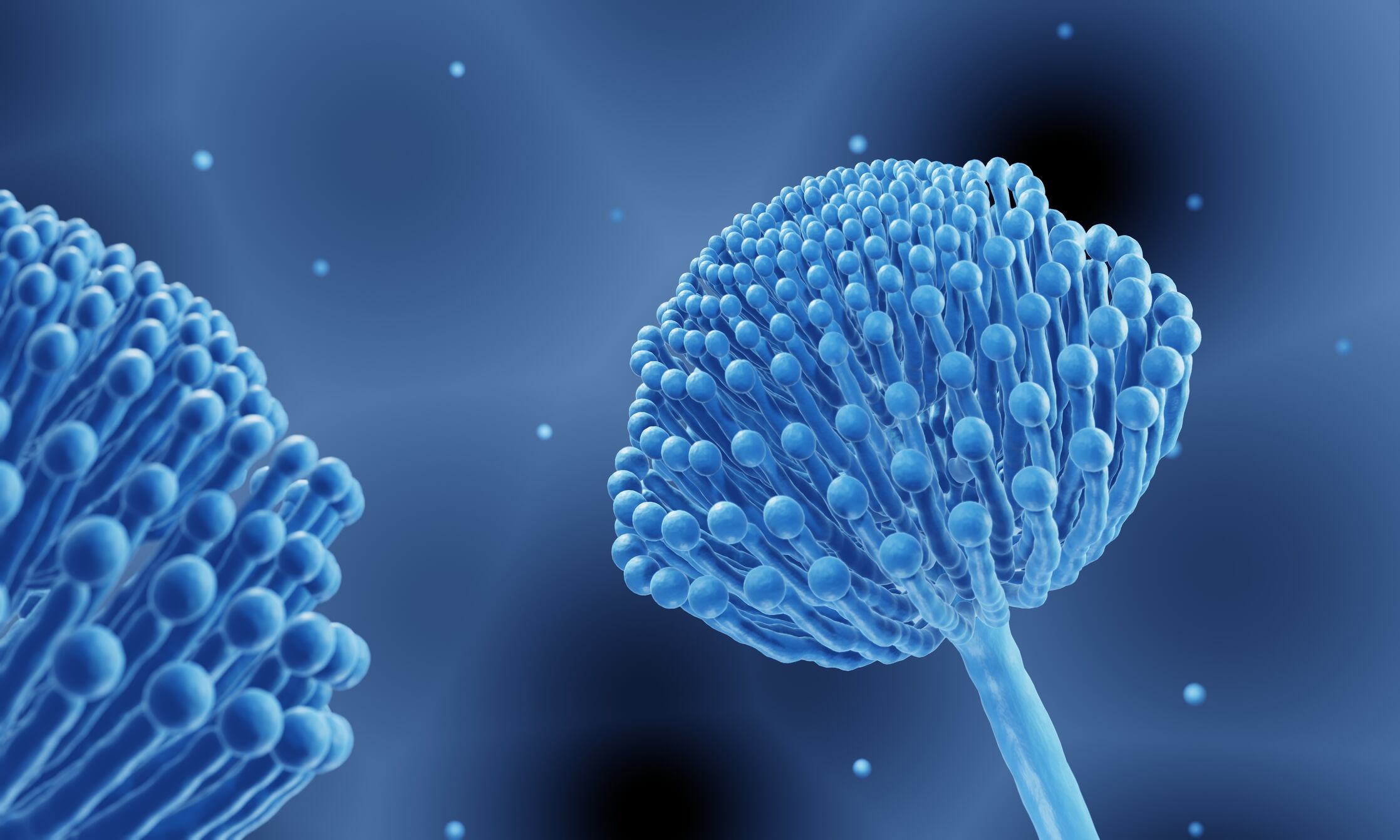
In dairy cows, mycotoxins and their metabolites can pass into milk